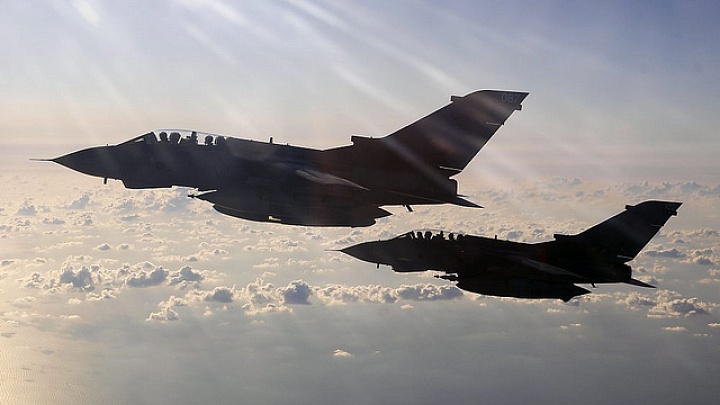
It seems like a generation ago now, but it was only in late August 2013 that Britain’s House of Commons narrowly rejected launching airstrikes on Bashar al-Assad’s Syria in response to his military’s use of chemical weapons. While the U.S. and France noted their resolve to continue to push for military action in the wake of the vote, it is undeniable that this event had a significant impact in halting the rush to war. With accusations of a war-weary Parliament and fear for what the UK’s refusal to intervene would do to the Anglo-American “Special Relationship,” the vote has been the most high-profile and public foreign policy blow of David Cameron’s premiership.
There is no straightforward reason behind why MPs rejected the measure. Certainly, a degree of war-weariness was palpable in the context of Iraq and the imminent (and rather ignominious) withdrawal from Afghanistan. Parallels to Iraq were all too clear when the Government was attempting to press for action before a group of UN weapons inspectors reported their findings on the chemical attack; the idea that the British Military would become involved in another Middle East quagmire with no clear exit strategy was a bit too much for many MPs to stomach. In addition, the Syrian rebel groups Western powers supported were a large question mark; it was uncertain as to what they were about and, if supplied with weapons, would they go on to lose them to extremist groups, such as the al-Nusra Front? There was simply too much uncertainty surrounding an intervention – its legality, its exit strategy and its “allies” in Syria.
The Commons defeat two years ago has haunted Cameron’s foreign policy, with there being a distinct unwillingness for his Government’s to stick its neck out unless Parliamentary support is guaranteed. But the situation in Syria has changed dramatically over the past two years, as the self-styled Islamic State has overrun much of Syria and neighbouring Iraq, and inspired and aided in terrorist attacks around the Middle East and wider world.
While in 2013 the justification to intervene was primarily the responsibility to protect Syrian citizens from a dictator – and topple the regime in the process – in 2015 the justification also involves restoring stability to the Middle East and ensuring the wider world’s security from terrorist attacks. Despite this, Cameron’s Government has been constrained by the Commons defeat to only strike ISIS in Iraq (unless RAF pilots are embedded in allied air forces striking Syria). But, in a veritable Gulf of Tonkin moment – the killing of dozens British holidaymakers in Tunisia by a man with connections to ISIS – Cameron has been handed an opportunity to expand the RAF’s mandate to strike ISIS in Syria. It only took a few days before feelers to that effect were put out by the Defence Secretary, Michael Fallon. With the opposition Labour Party in the middle of a leadership election, a repeat Commons vote is likely to be
